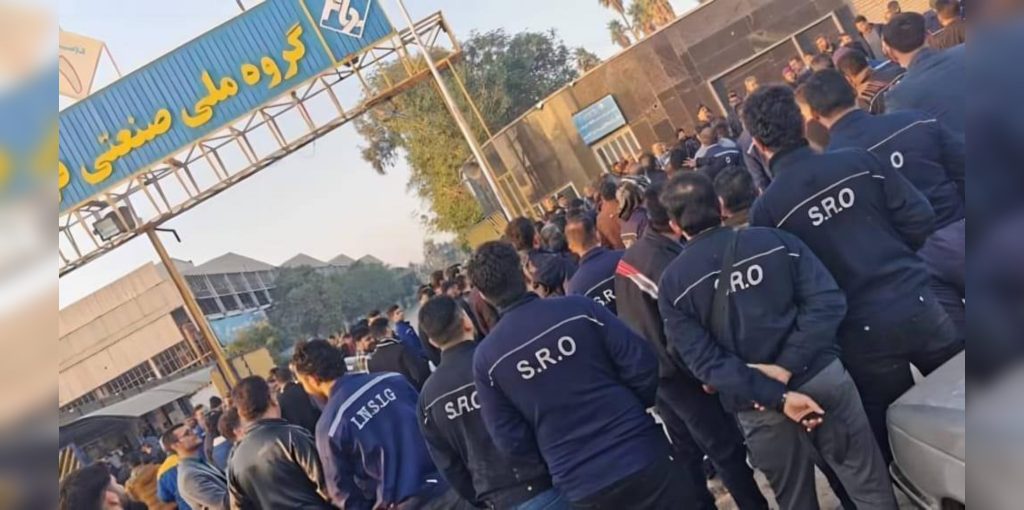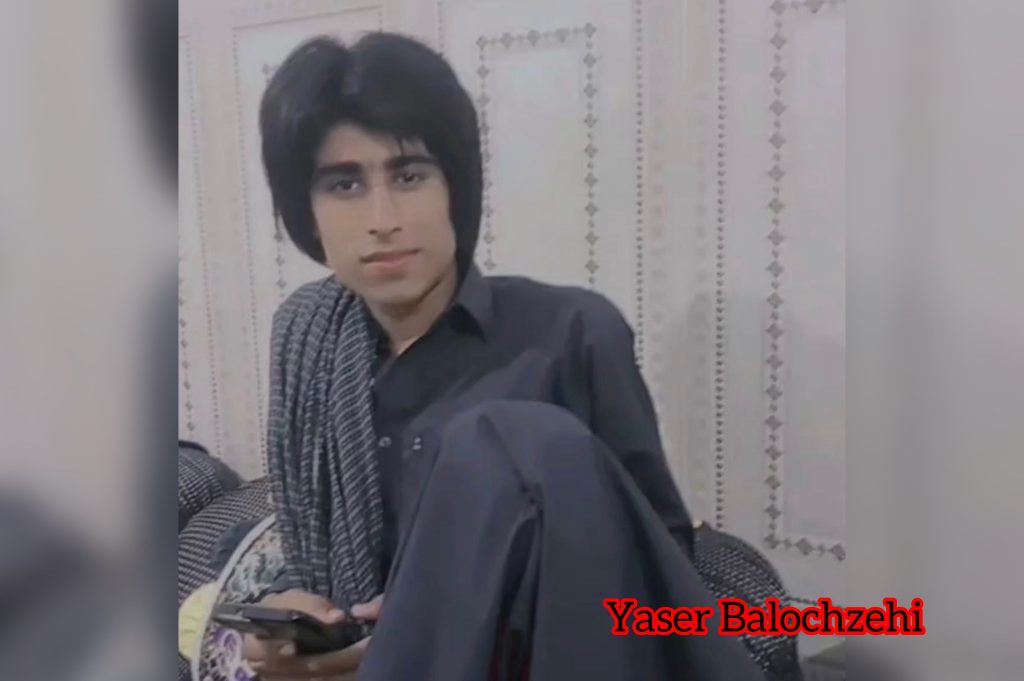
Hossein Habibi, a member of the Board of Directors of the Supreme Council of Islamic Labor Councils of the country, had an interview with ILNA news agency, which was published on July 8th under the title “What Do Workers Want from Pezeshkian?”
In this interview, this self-proclaimed representative of the workers tries to, by making vague promises, temporarily reduce the pressure of workers’ struggles on the new president he favors. In this context, Habibi futilely attempts to find a way to improve the living conditions of workers by searching through the clauses of the reactionary constitution of the Islamic Republic. However, the immediate and urgent demands of the workers are a matter of life and death, and the struggle to achieve them cannot be delayed.
For the past 45 years, the Iranian working class has continuously fought to achieve their minimal demands. Wherever there has been even a relative improvement in livelihood, better working conditions, or even a half-hearted labor law, it has been the result of the efforts and struggles of this class. This struggle, with or without Pezeshkian, will not stop and will continue. The main slogans and demands of the workers over the past two years can perhaps be summarized as follows:
– Immediate and unconditional release of labor activists, teachers, and all political, civil, and social activists.
– Freedom to establish labor organizations and the right to strike as a fundamental aspect of unconditional political freedoms. The dissolution of “House of Labor,” “Islamic Labor Councils,” and all government-affiliated organizations in the workplace.
– Payment of overdue wages, setting the minimum wage based on the inflation rate and the living basket of a four-person household above the poverty line, and increasing wages in line with inflation. Setting the minimum wage with the participation of representatives from genuine labor organizations.
– Converting all temporary, blank-signature, and short-term contracts into permanent employment contracts with full social insurance coverage and dissolving all contracting companies. Implementing a job classification scheme in all industries and service and production enterprises. Abolishing Article 15 of the Seventh Development Plan, which allows small business owners to employ individuals for up to two years with agreed-upon wages at the employer’s discretion and without the obligation to pay unemployment and retirement insurance. Providing comprehensive unemployment, retirement, disability, illness, workplace accident, health, and universal social security insurance for all.
– De-commodifying health and establishing a comprehensive public health system that is free, high-quality, and equal for everyone as a citizen’s right.
– De-commodifying the education system and making education free at all levels to alleviate the heavy financial burden of the educational system on working and struggling families. Ensuring safe and suitable housing for workers and providing workplace safety to prevent workplace accidents.
– Equal pay for equal work for women and men.
– Meeting the demands of retirees, which have been raised in their successive protests, including raising pensions above the poverty line, implementing wage parity for all retirees of past years, and halting the privatization of the pension system.
– Prohibiting child labor for those under sixteen years of age, banning exploitation and various forms of discrimination and abuse of children at all levels, strictly enforcing mandatory education for all children and adolescents up to eighteen years, ending violence against them in the family and society, eliminating the phenomenon of street children, and creating equal opportunities for all children in all areas related to their physical, intellectual, and cultural growth. Drafting child protection laws with the participation of organizations defending children’s rights.
– Abolishing all forms of national, religious, and cultural discrimination in employment, benefits, and social insurance coverage. Ensuring equality for all workers and wage earners belonging to Iran’s national, religious, and cultural minorities based on the principle of equal rights for equal work without any exception.
– Stopping the killing of porters and fuel carriers by Islamic government forces, creating employment conditions for them, and providing social security and unemployment insurance.
– Abolishing discrimination in the employment of migrant workers residing in Iran, granting them legal residency rights, and including them in labor laws and social security coverage without exception. Granting their children the right to education at all levels.
– A maximum of eight working hours per day, two days off per week, and thirty days of paid annual leave for all wage and salary earners.
Implementing these minimal changes is urgent and essential to prevent the physical and mental degradation of the working class. Achieving these demands also provides the foundation for linking the struggles of various sections of the working class with all progressive and advanced movements. By uniting the fight for freedom and the fight for bread, the working class becomes the unifying force for the vast majority of the people.
In such a process, the progressive forces of society, in a common struggle, will find the ability to achieve the ultimate goal: a society where freedom, equality, and general welfare replace slavery, injustice, and deprivation. A society that provides equal opportunities for the growth and flourishing of human creativity and development, where everyone works according to their ability and enjoys the benefits of life according to their needs. There is no other way out of the barbarism of capitalism and the various forms of despotism that support it.

